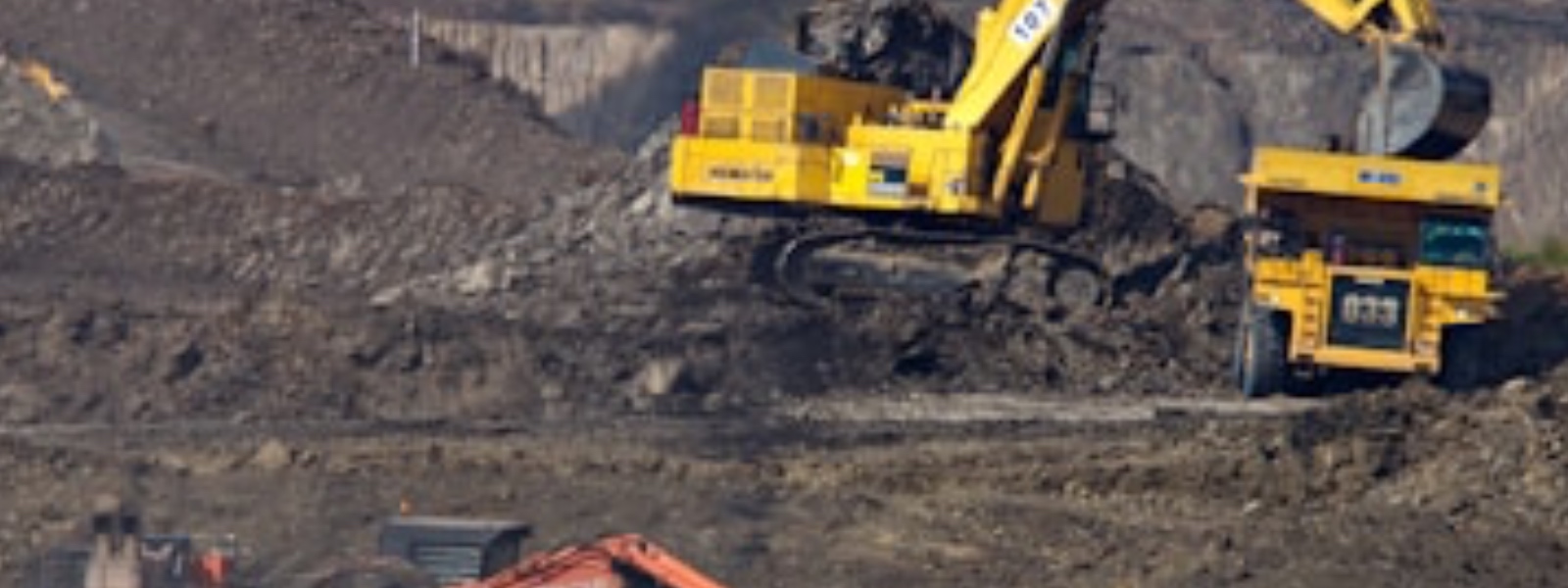PT. Prakoso Energi Nusantara is a coal trading company that acts as an intermediary between coal producers (mines) and coal consumers (power plants, steel mills, cement plants, etc.). They usually do not mine the coal themselves, but facilitate its sale and delivery. Here is a breakdown of their main functions:
Coal Trading Company Main Functions:
Coal Procurement: They establish relationships with various coal mines to secure reliable supplies of various types of coal (e.g., thermal coal for power plants, metallurgical coal for steelmaking).
Quality Control: They ensure that the coal meets the specifications required by their customers in terms of calorific value, sulfur content, ash content, and other parameters. This often involves sampling and testing.
Logistics and Transportation: They arrange for the transportation of the coal from the mine to the customer, which can involve trucks, trains, barges, and ships. This includes managing logistics, documentation, and customs procedures. Price Negotiation and Risk Management: They negotiate prices with suppliers and buyers, and manage price volatility through a variety of financial instruments (e.g., hedging).
Trade Finance and Financing: They may provide financing to smaller producers or offer trade finance solutions to buyers to facilitate transactions.
Market Analysis and Intelligence: They monitor market trends, supply and demand dynamics, and regulatory changes to provide valuable insights to their clients.
Types of Coal Trading Companies:
Large International Trading Companies: These are global companies with extensive networks and significant trading volumes (e.g., Glencore, Trafigura, Vitol).
Regional Trading Companies: These companies focus on specific geographic regions and may have strong relationships with local producers and consumers.
Specialty Trading Companies: Some companies specialize in a particular type of coal or a particular industry.
Factors Affecting Coal Trading:
Global Energy Demand: Coal demand is influenced by economic growth, energy policies, and the availability of alternative energy sources.
Coal Prices: Coal prices are volatile and are influenced by supply and demand, weather conditions, and geopolitical events. Environmental Regulations: Increasing environmental regulations are impacting the coal industry and influencing trade patterns.
Transportation Costs: Transportation costs can significantly impact the competitiveness of coal from different regions.
About Us


